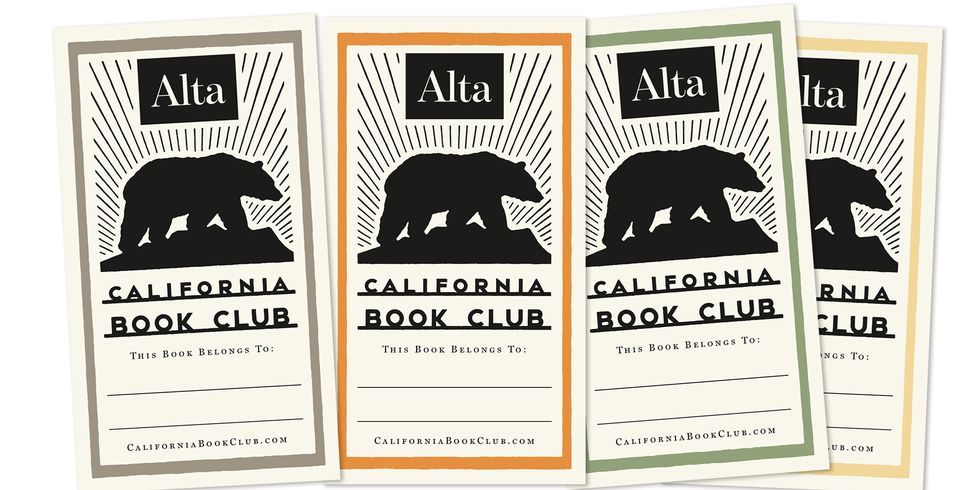One of the interesting challenges of Ishmael Reed’s classic Mumbo Jumbo is how to conceptualize the detective story it is, at least in part, parodying, much as Reed’s earlier novel Yellow Back Radio Broke-Down parodied the Western. At the start of the novel, it is the 1920s and the novel’s protagonist, PaPa LaBas, a hoodoo priest, champion of Black culture, and healer of the Mumbo Jumbo Kathedral in Harlem, is searching for a liturgical text, a document with a complex past that is connected to Jes Grew, a pandemic virus—an “anti-plague,” Reed calls it—that gets people dancing and lively. Jes Grew is spreading through the Black community and, as such, becomes a target of white supremacists.
In the course of his hunt for the document, PaPa LaBas interacts with numerous characters—this is a complicated conspiracy plot, and the Jes Grew text serves a role similar to that of Dashiell Hammett’s Maltese falcon, though the meaning of the document is the inverse of Hammett’s sought-after object. But where most detective stories are written in an accessible, rational, narratively continuous style that assures readers that we will have a concrete answer by book’s end and that what has been put in disarray by crime will be made orderly once more, Reed’s parody feels mysterious, hard to define—the search in Mumbo Jumbo is, after all, one related to race and cultural identity, and also, I think, metaphysical. In these pages is an interest in the soul, the spirit, particularly spiritual heritage, filtered through what Reed has termed Neo-Hoodooism rather than Christianity. When a character mentions her nervous breakdown, PaPa LaBas says, “Nervous breakdown sounds so Protestant, we think that you were possessed.”
Destabilizing our sense of reality within the novel, Reed frequently mixes historical events with wild fictions, a kind of bricolage that dares us to figure out which are which (and perhaps exposes our own biases in the course of trying to sort it all out). Rendering matters more complicated, PaPa LaBas himself can be interpreted as an unsteady figure, a trickster, in folkloric terms. The joys of Mumbo Jumbo, as with a number of literary works that retain their mystery however many times you reread them, are unusual: To the extent that you approach the book rationally, you are required to become a detective of the text. Only thing is, the clues are malleable. The better way into the novel can be to let the sentences wash over you, to accept the mysteries without expecting an allegory. By book’s end, if you’ve reached it, there’s the sense that society operates along a kind of pendulum when it comes to race. If we’re in a moment that seems disturbingly like the one described in Mumbo Jumbo, the book suggests that the pendulum will swing back.
Back in 1976, Reed cofounded the Before Columbus Foundation, which was started as a nonprofit organization dedicated to promoting contemporary American multicultural literature. We are pleased to welcome Justin Desmangles, chair of the Before Columbus Foundation, to the California Book Club to discuss Mumbo Jumbo.
Desmangles is the administrator of the American Book Award and sits on the board of directors of the Oakland Book Festival. He serves as the host of the radio broadcast New Day Jazz. He also produces programs at the African-American Center of the San Francisco Public Library. He’s spoken to Reed many times about Mumbo Jumbo and has (likely) read the novel on multiple occasions. He is bound to bring strong insights about the novel.
So get ready for Thursday by making Lindsay Merbaum’s rose-and-basil “booktail,” the Mumbo Jumbo. Pull up a chair and enjoy a conversation about a classic that continues to demand investigation after all these years.•
Join us on April 17 at 5 p.m. Pacific time, when Reed will sit down with CBC host John Freeman and special guest Desmangles to discuss Mumbo Jumbo. Register for the Zoom conversation here.
BOOK FOR OUR TIMES
CBC host John Freeman writes about Ishmael Reed and Mumbo Jumbo. —Alta
“BOOKTAIL”
Make mixologist Lindsay Merbaum’s light rose-and-basil cocktail to drink at the California Book Club gathering with Reed, Desmangles, and Freeman. —Alta
SINGULAR VIEW
G.S. Hans reviews Pulitzer Prize finalist Vauhini Vara’s experimental essays in Searches: Selfhood in the Digital Age. —Alta
25 CALIFORNIA NOVELS
Tonight at Kepler’s Books and Magazines in Menlo Park, from 6 to 8 p.m., join us to celebrate Issue 31 with Alta editorial director Blaise Zerega moderating authors Rachel Kushner, Charlie Jane Anders, and José Vadi in a discussion of the 25 books that define California. —Eventbrite
“COMIX PIONEER”
Alta contributor Chris Vognar reviews Dan Nadel’s Crumb: A Cartoonist’s Life, which is “rich in cultural context, the kind of biography that opens up an entire scene and movement.” —Los Angeles Times
BESTSELLING MEMOIR
Sarah Wynn-Williams, author of Careless People: A Cautionary Tale of Power, Greed, and Lost Idealism and formerly global public policy director at Facebook, which became Meta, testified before the Senate about the company’s decision to grow its business in China, reducing American security and increasing censorship. —San Francisco Chronicle
Alta’s California Book Club email newsletter is published weekly. Sign up for free today.



















